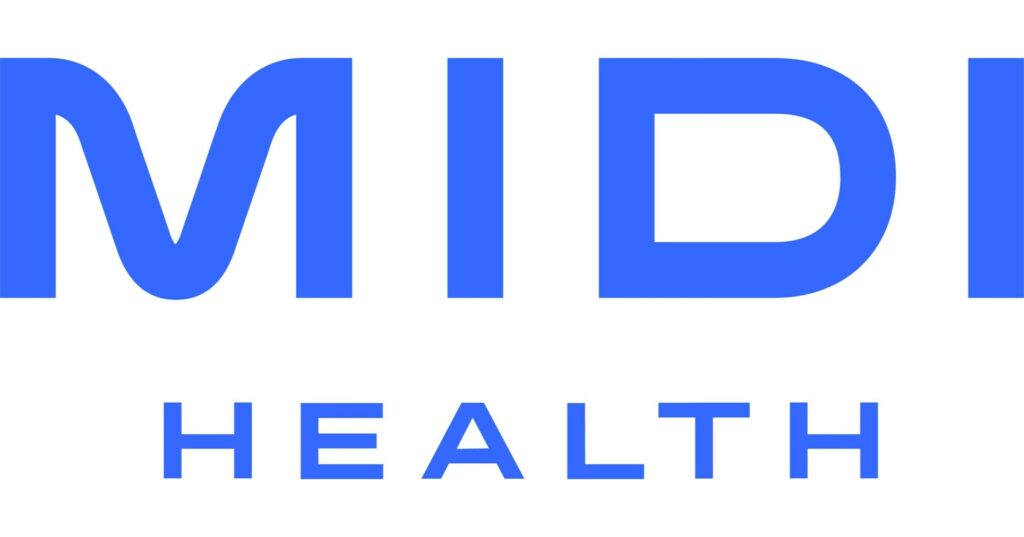
What You Should Know:
– Hinge Health, a leading digital musculoskeletal care provider, and Midi Health, a virtual clinic specializing in menopause care, announced a strategic partnership to address the significant healthcare gap for women experiencing menopause-related musculoskeletal issues.
– Menopause can significantly impact musculoskeletal health, leading to joint pain, muscle aches, and other discomfort. A recent review from the University of Central Florida School of Medicine highlights the prevalence of these symptoms and emphasizes the need for greater focus on their treatment.
Menopause Support for Hinge Health Members
Hinge Health’s expertise in movement-based care, combined with Midi Health’s specialized menopause treatment protocols, offers a comprehensive solution for women navigating the challenges of menopause. Hinge Health members receiving menopause support will now have access to Midi Health’s expert clinicians, who specialize in menopause care. This collaboration ensures that women have access to personalized treatment plans and the necessary resources to manage their symptoms effectively.
Hinge Health members receiving menopause support will have access to the following benefits through their partnership with Midi Health:
- Personalized menopause treatment protocols: Developed by experienced clinicians specializing in menopause care.
- Access to Midi Health’s virtual clinic: Convenient and personalized care from expert providers.
- Comprehensive care coordination: Hinge Health care teams will seamlessly integrate Midi Health services into their treatment plans.
“Partnering with Hinge Health allows us to extend our reach and provide comprehensive, personalized care to even more women going through menopause,” said Midi Health CEO and Co-founder Joanna Strober. “By combining our strengths, we can ensure that women receive the personalized, holistic support they need, whether that’s movement-based therapies or prescription treatments such as hormone therapy, or both.”

